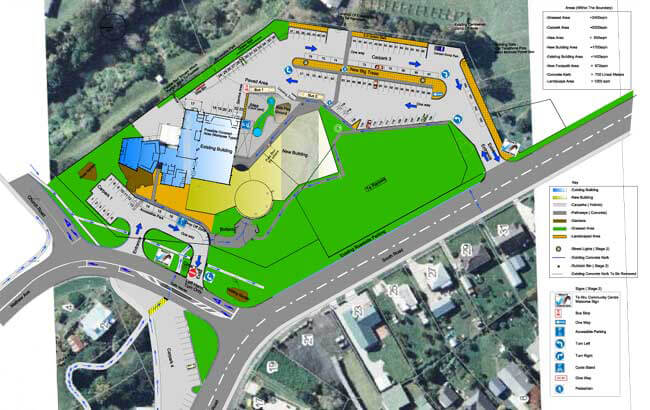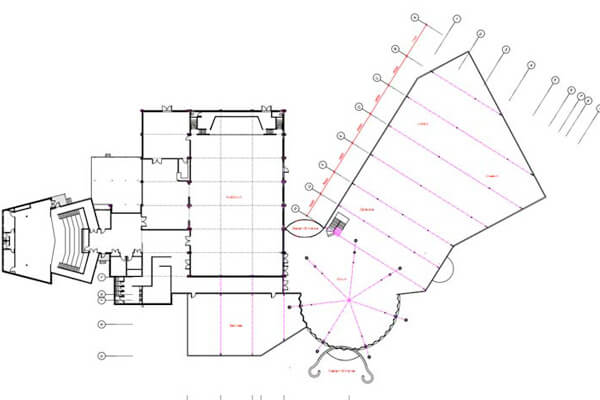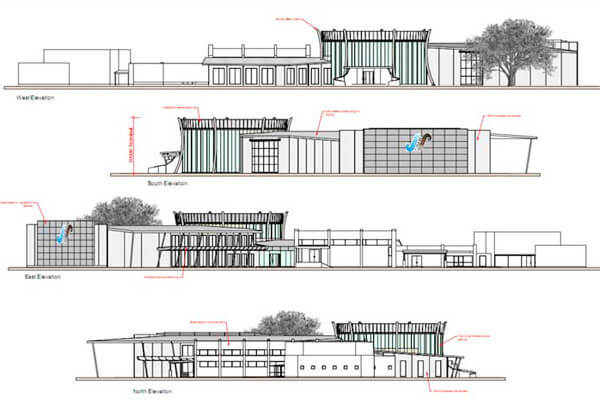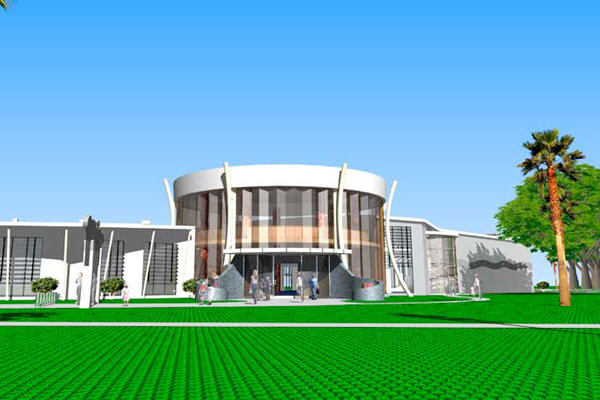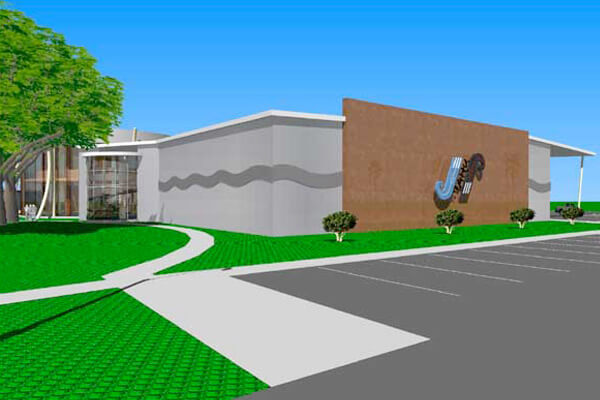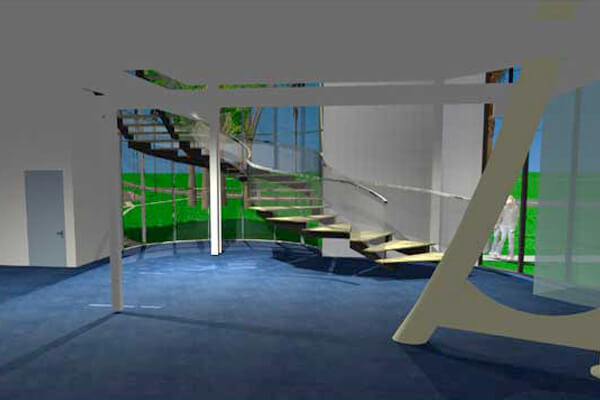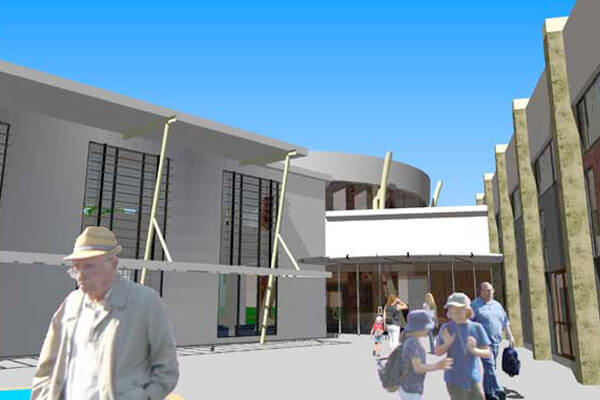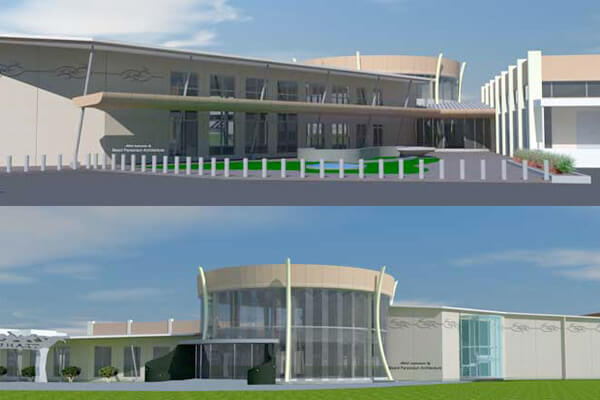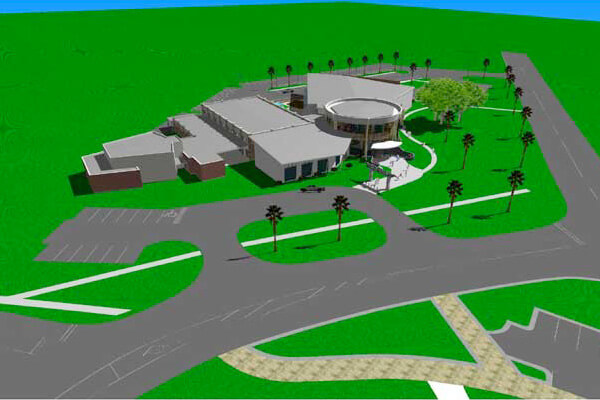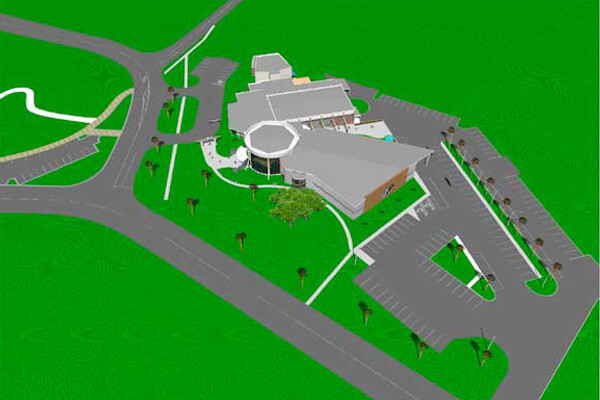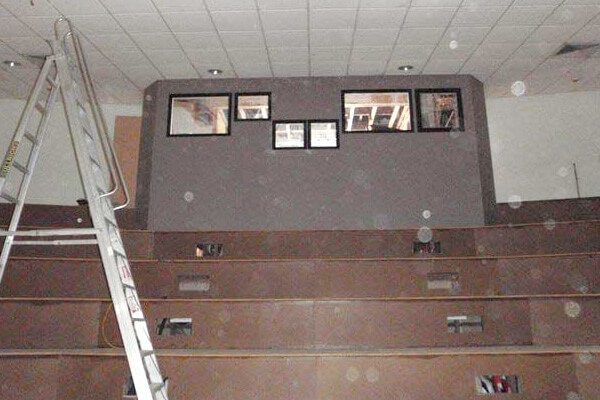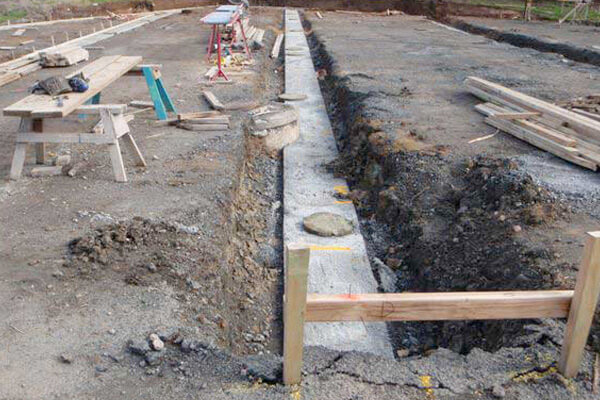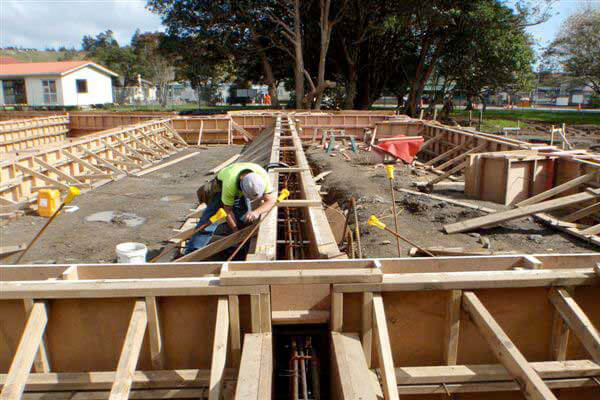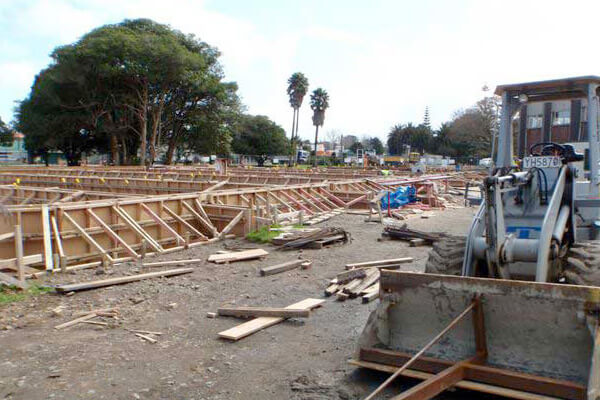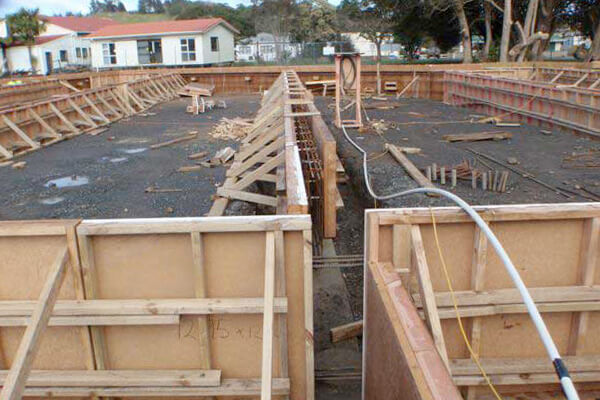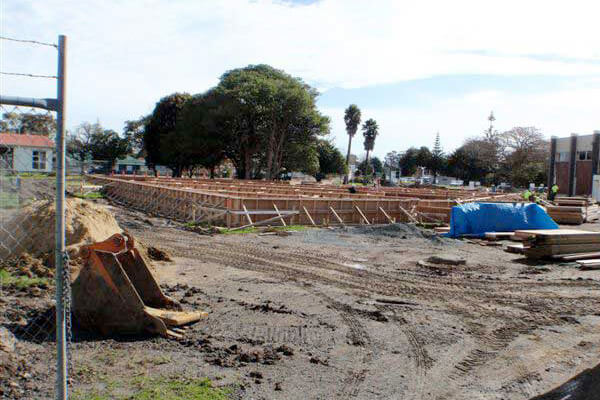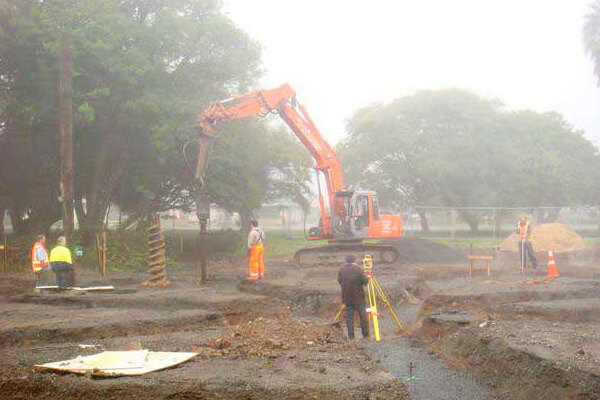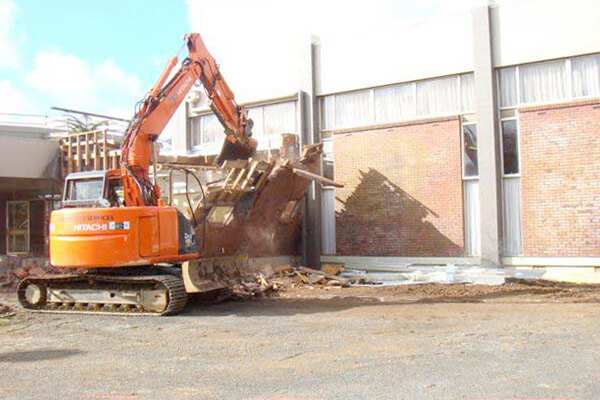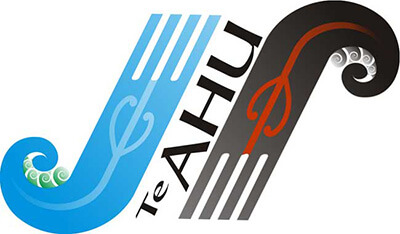The initiative to establish the centre came from and was supported by a number of individuals and organisations. These included Te Runanga o te Rarawa and Te Rūnanga-ā-Iwi o Ngāti Kahu and representation from those hapū who are mana whenua in Kaitāia, namely, Te Paatu, Ngai Tohianga and Te Tahaawai Hapū of Kaitāia, Oturu and Pukepoto. This early involvement ensured that iwi participated in the design of the concept and the nature of the facility. They supported the aims of the Komiti by joining the Trust and mandating the name Te Ahu. As trustees they have also participated in the Trust approval process, including the adoption and the launch of the Te Ahu logo designed by Waikarere Gregory.
Te Runanga o Te Rarawa also agreed to make land available for lease at South Road, Kaitaia as a contribution to the overall kaupapa.
Both Te Runanga o Te Rarawa and Te Rūnanga-ā-Iwi o Ngāti Kahu have contributed to the concept with ideas and plans for the establishment of an iconic cultural facility that accurately projects the mana, history and identity of the iwi and tangata katoa of Te Hiku o Te Ika.
The representatives for Ngāti Kahu and Te Rarawa on the project team are Charlie Larkins and Haami Piripi.
The first theme (Poutokomanawa) developed by the Trust is the presentation of the facility as a cultural icon that reflects the histories, ancestors and values of the tangata whenua. This is to be reflected in the site, the building design, individual building components, the landscaping and the governance and management of the complex.
This aspiration provides the context for our iwi contribution and allows us to identify where and how our stories and culture can contribute. Each iwi and maybe hapu will have specific perspectives that need to be reflected and there will eventually be a process for determining where and how these taonga will be expressed.
For the first time in our history the combined peoples of the Far North have an opportunity to establish a fully integrated facility that is an accurate reflection of our past, present and future.
The second theme is the emphasis upon Te Hiku o Te Ika and upon attracting manaaki tāngata attributes of the Far North. We want them to leave in wonder of what they have experienced at the Tail of the Fish of Maui.




